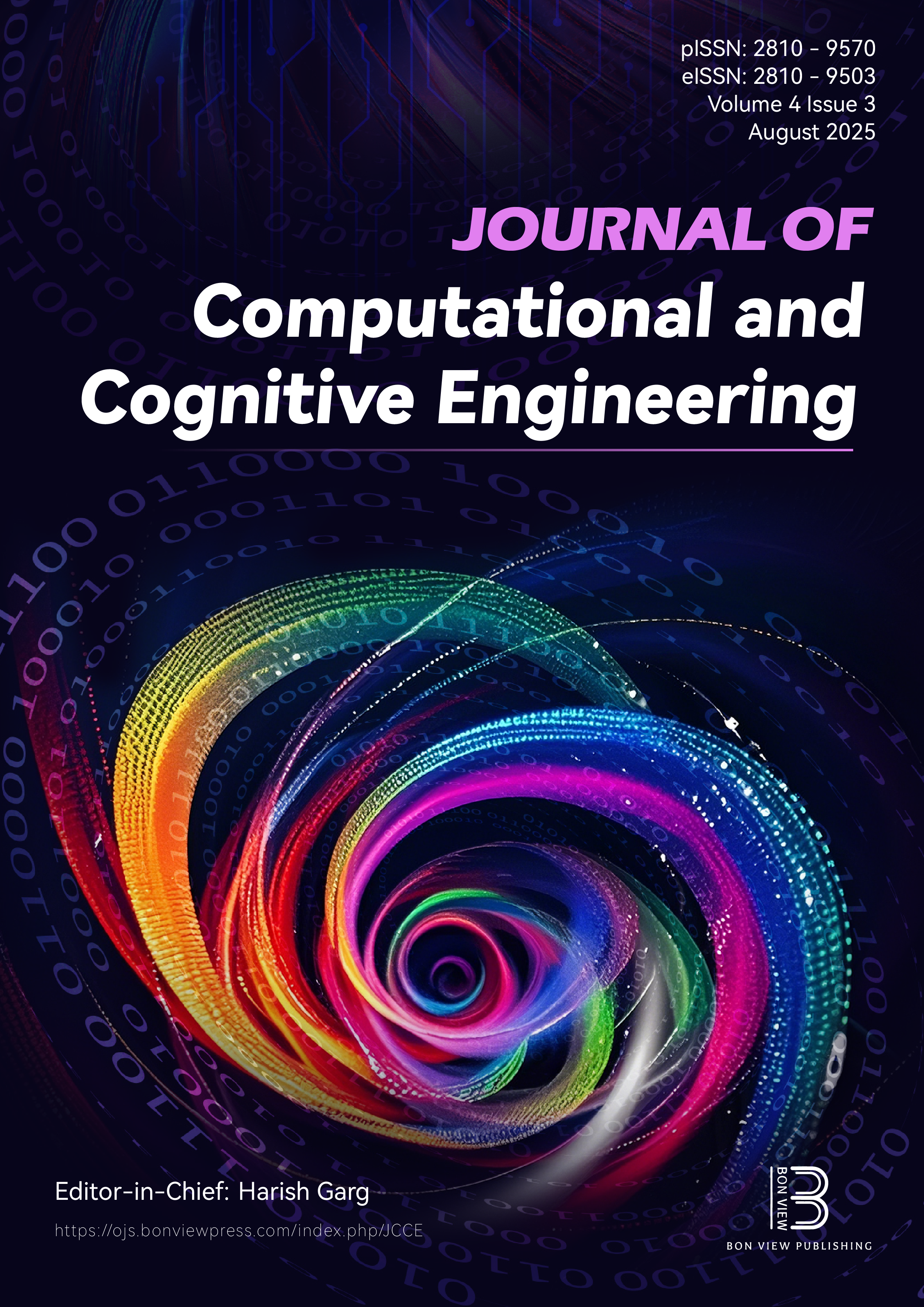Deep Learning-Based Approach for Monitoring and Controlling Fake Reviews
DOI:
https://doi.org/10.47852/bonviewJCCE42023602Keywords:
E-commerce, recurrent neural network (RNN), authorship, suspicion, spam indicatorsAbstract
In the last decade, E-commerce has developed into the world's biggest stage for shopping. It has allowed people around the world to directly communicate without any barriers to purchasing the products as per requirements. Internet technologies have reshaped E-commerce since product reviews have become a vital part of online shopping due to their rapid growth. But with widespread usage, it has also brought forth an influx in rates of fake reviews. Fake reviews, which are frequently used to influence public perception, are now a widespread occurrence due to the open nature of E-commerce. Using different learning techniques, many methods and techniques are implemented to spot false reviews and fake behavior. This research aims to use a recurrent neural network (RNN) to combine content and data to identify false product reviews. The proposed approach, which is related to spam indicators, makes use of both product reviews and reviewers' behavioral characteristics. The fine-grained burst pattern analysis is used to conduct a more thorough investigation of produced testimonials during "suspicious" periods in the proposed approach. Additionally, a customer's previous review data are utilized to determine their overall "authorship" reputation, which serves as a barometer for the authenticity of most recent reviews. For the proposed theory, we examined the real-world Amazon review dataset and produced more accurate findings than previous methodologies. In addition to this, our proposed deep learning-based model performance has been validated utilizing the benchmark Yelp Open dataset and IMDB dataset.
Received: 12 June 2024 | Revised: 29 July 2024 | Accepted: 18 August 2024
Conflict of Interest
The authors declare that they have no conflicts of interest in this work.
Data Availability Statement
Data are available on request from the corresponding author upon reasonable request.
Author Contribution Statement
Nilesh Sable: Conceptualization, Methodology, Software, Validation, Data curation, Writing – original draft, Writing – review & editing. Parikshit Mahalle: Conceptualization, Software, Resources, Supervision. Kalyani Kadam: Formal analysis, Writing – review & editing, Visualization. Bipin Sule: Methodology, Writing – original draft. Rahul Joshi: Investigation, Visualization. Mahendra Deore: Software, Validation, Writing – original draft, Writing – review & editing.
Downloads
Published
Issue
Section
License
Copyright (c) 2024 Authors

This work is licensed under a Creative Commons Attribution 4.0 International License.


